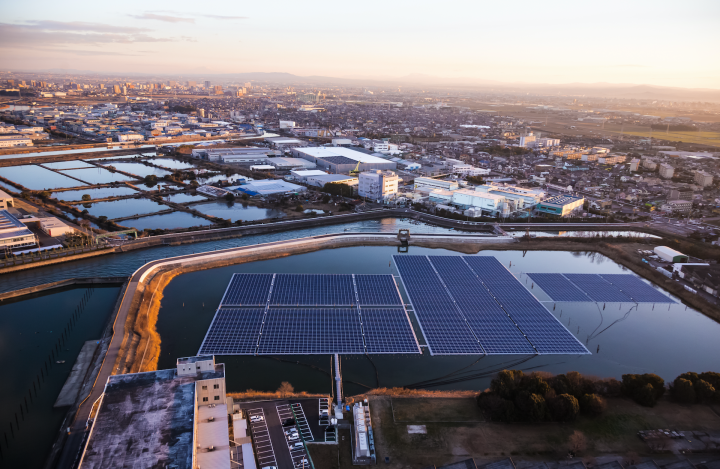
To make good on their promise, Ibiden is planning to invest in more than 20 new renewable energy facilities, one of which is among the largest floating solar photovoltaic systems in Japan. The impressive structure is built on a converted lumberyard to ensure that the island nation doesn’t lose too much real estate in the name of environmental friendliness.
“We’re proud to partner with suppliers like Ibiden who recognize that renewable energy investments are good for the environment and good for business,” said Lisa Jackson, Apple’s vice president for Environment, Policy and Social Initiatives. “As we continue our push to power our global operations with 100 percent renewable energy, it is more important than ever that we help our manufacturing partners make the same transition to cleaner sources, and set an example for other companies to follow.”
Ibiden echoed these sentiments, with Kyoichi Yamanaka, Managing Director of Ibiden’s Environment Group noting, “These innovative new clean energy investments demonstrate our commitment to doing business responsibly and economically. Our products help Apple devices run smarter, and now we’re powering our operations with smarter energy too. We’re pleased to partner with Apple and lead the way in helping Japan meet its clean energy goals.”
Editors' Recommendations
- Apple apologizes for its controversial iPad Pro ad
- Apple has quietly killed its cheapest iPad
- Apple overhauled its two best iPad accessories. Here’s what’s new
- We finally know when Apple will announce its 2024 iPads
- Nomad’s new iPhone case and Apple Watch band may be its coolest yet


